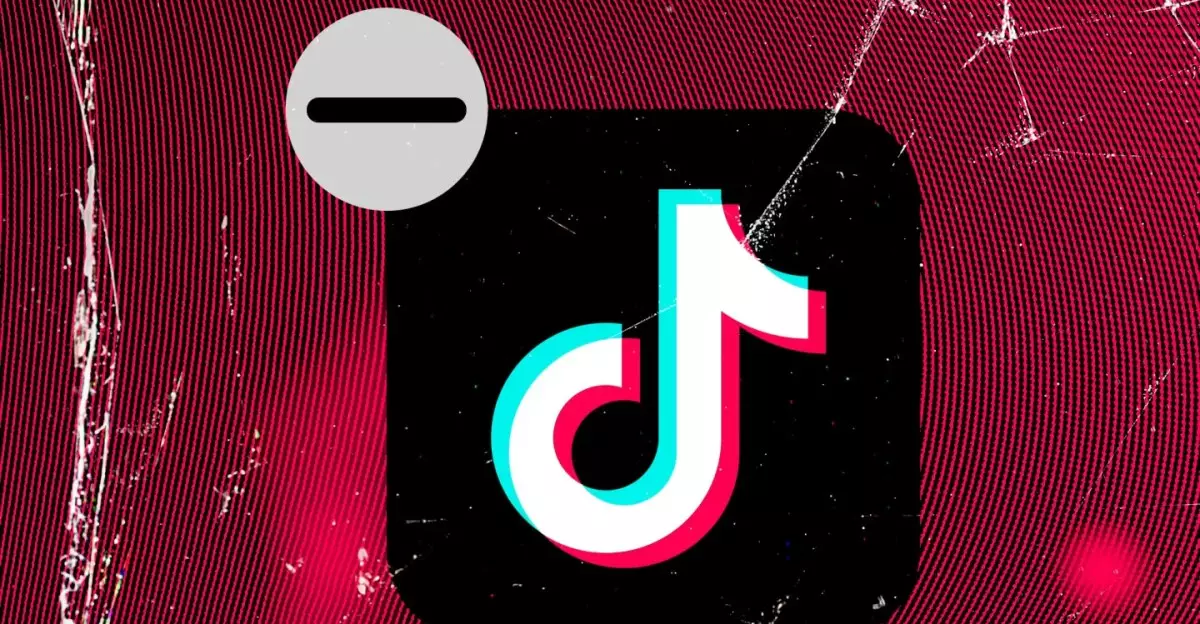In a noteworthy turn of events, tech giants Apple and Google have made the decision to reinstate TikTok on their respective app stores after a significant hiatus. This app’s return to both the App Store for iOS devices and the Google Play Store for Android devices comes nearly a month after it was barred from access in the United States. The unfolding drama surrounding TikTok reflects a complex intertwining of technology, politics, and corporate responsibility.
The prior ban on TikTok stemmed from national security concerns related to its parent company, ByteDance. In January, TikTok faced removal from app stores in compliance with a law that aimed to mitigate perceived risks associated with foreign-owned applications. During this period, discussions regarding TikTok’s future surfaced, notably involving negotiations for a potential sale orchestrated by Vice President JD Vance, as directed by former President Donald Trump.
Despite an executive order signed on January 20, which temporarily halted enforcement actions against the app for 75 days, Apple and Google remained hesitant to reinstate TikTok. They were rightfully concerned about the repercussions from the U.S. government, fearing hefty penalties amounting to billions of dollars should they prioritize user access over legal compliance.
A significant turning point occurred when U.S. Attorney General Pam Bondi communicated with Apple, alleviating their concerns by assuring that the company would not face financial repercussions for hosting TikTok. This development was first reported by Bloomberg, which brings to light the implications of legal and political engagement in tech company operations. The proactive stance taken by Bondi illustrates the often delicate relationship between tech firms and governmental oversight, especially in today’s increasingly scrutinizing climate.
The challenge that TikTok faces isn’t merely about compliance and government negotiations; it reflects broader tensions regarding data privacy, foreign influence, and digital sovereignty. As more consumers gravitate towards platforms like TikTok for entertainment and connectivity, the pressures on regulatory bodies to monitor and control such applications are mounting. The restoration of the app underscores a larger narrative in which consumer technology is caught up in the crosshairs of geopolitical conflicts.
The re-launch of TikTok also raises questions about the responsibilities of tech platforms in an age where apps can be influenced by issues of national security. It sends a message to similar platforms: compliance with government directives can be a matter of survival in an unpredictable regulatory environment. Such circumstances compel tech companies to navigate a complex landscape where consumer demands clash with compliance necessities and national interests.
TikTok’s reinstatement highlights the intricate balancing act faced by tech companies as they juggle user engagement against legal constraints and geopolitical tensions. As mobile applications continue to play a significant role in daily life, the implications of this issue will resonate across the technology landscape for years to come.

